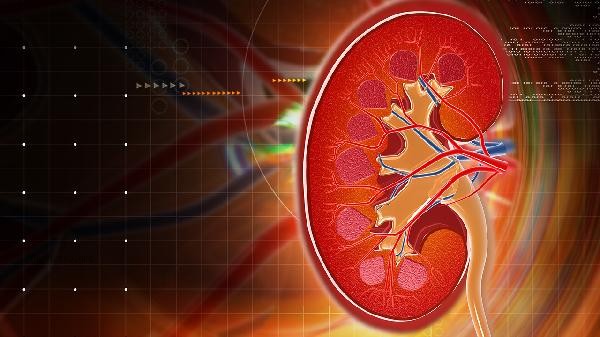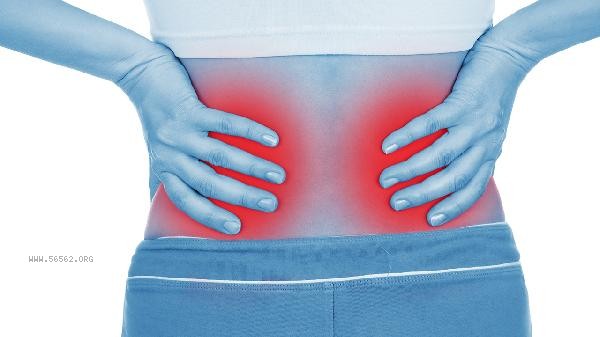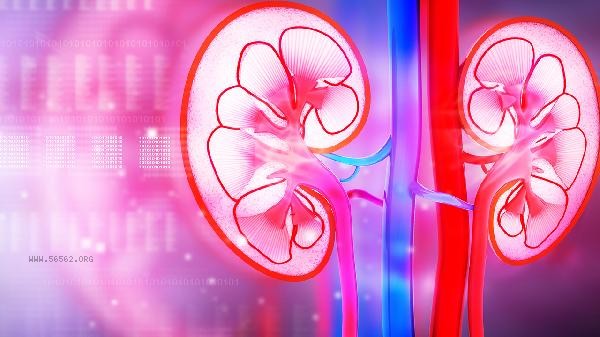Elevated renal function urea nitrogen may be caused by dehydration, high protein diet, decreased renal function, urinary tract obstruction, gastrointestinal bleeding, and other reasons. It can be improved by adjusting diet, supplementing water, medication treatment, relieving obstruction, and stopping bleeding.

1. Dehydration:
Insufficient body hydration can lead to blood concentration and a relative increase in urea nitrogen concentration. Excessive sweating, diarrhea, vomiting, failure to replenish water in a timely manner, and long-term lack of water intake after intense exercise may all cause this phenomenon. It is recommended to maintain a daily water intake of 1500-2000 milliliters and replenish electrolyte water promptly after exercise.
2. High protein diet:
Consuming excessive amounts of protein rich foods such as meat, eggs, and milk in the short term can increase the production of urea nitrogen. Commonly seen among fitness enthusiasts who consume large amounts of protein powder or binge eat during holidays. Adjusting dietary structure and controlling daily protein intake to 1-1.2 grams per kilogram of body weight is more appropriate.
3. Renal function decline:

Chronic nephritis, diabetes nephropathy and other diseases will lead to the decline of glomerular filtration rate and the obstruction of urea nitrogen excretion. Usually accompanied by symptoms such as elevated creatinine, decreased urine output, and lower limb edema. It needs to be further confirmed by routine urine test and glomerular filtration rate test. Common drugs include Niaoduqing Granules, Shenshuanning Tablets and other traditional Chinese patent medicines and simple preparations.
4. Urinary tract obstruction: When diseases such as kidney stones and prostate hyperplasia cause difficulty urinating, urea nitrogen will reflux into the blood. Often accompanied by symptoms such as painful urination, thinning of urine stream, and cramping in the waist and abdomen. It is necessary to determine the location of obstruction through ultrasound or CT examination, and if necessary, perform extracorporeal lithotripsy or catheterization.
5. Gastrointestinal bleeding:
During upper gastrointestinal bleeding such as gastric ulcer and esophageal variceal rupture, blood proteins are broken down in the intestine to produce a large amount of urea nitrogen. Common symptoms such as vomiting blood and black stool require urgent hemostasis treatment and monitoring of hemoglobin changes.
It is recommended to regularly monitor fasting blood urea nitrogen levels in the morning and maintain a normal diet and daily routine for the three days prior to the examination. It is recommended to consume water rich foods such as winter melon and Job's tears in daily life, and avoid immediate blood tests after intense exercise. If symptoms such as edema and abnormal urine output persist, it is necessary to complete 24-hour urine protein quantification, renal ultrasound, and other examinations to rule out organic diseases. It is suggested that the elderly and patients with hypertension and diabetes should have renal function rechecked every six months.










Comments (0)
Leave a Comment
No comments yet
Be the first to share your thoughts!